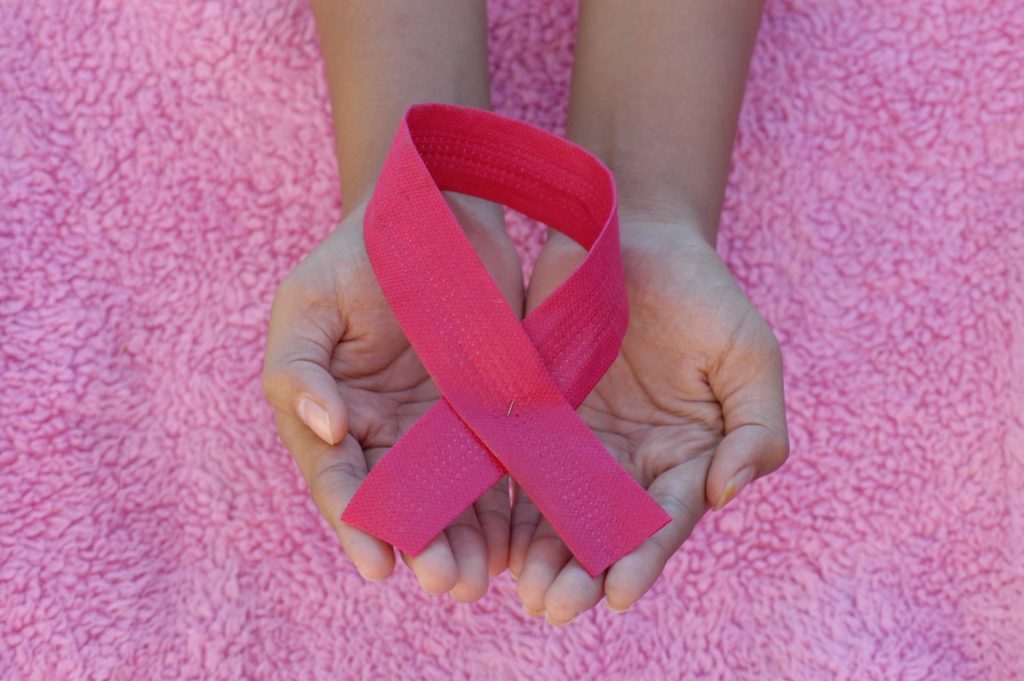Since the early 1960s, birth control pills have revolutionized family planning, offering women a convenient and effective means of contraception. However, the relationship between estrogen, a key component of these pills, and the potential increased risk of breast cancer has fueled an ongoing debate. As millions of women grapple with decisions about their reproductive health, it’s crucial to separate fact from fiction and understand the nuances surrounding this contentious issue.

The Pill’s Pioneering Legacy
Birth control pills have undeniably left an indelible mark on reproductive health, becoming a cornerstone of family planning for decades. Their effectiveness and ease of use have made them a popular choice for women across the globe. Yet, the specter of a potential link between these pills and breast cancer looms, sparking a complex conversation within the medical community.
Examining the Evidence: Does the Pill Heighten Breast Cancer Risk?
The research landscape regarding the correlation between birth control pills and breast cancer risk is labyrinthine, with conflicting results causing confusion among women seeking clarity. Early studies focused on birth control pills with higher hormone levels, leading to concerns about increased breast cancer risk.
Scandinavian researchers have reported an uptick in breast cancer cases among women currently or recently using birth control pills, with prolonged use seemingly intensifying the risk. Conversely, a comprehensive study conducted by Women’s Contraceptive and Reproductive Experience (Women’s CARE) in the mid-’90s found no increased risk among current or former users of birth control pills.
In essence, the consensus among most studies leans towards no overall heightened risk of breast cancer due to oral contraceptive use. However, the devil lies in the details, and individual factors may play a role in determining the impact.
Family Ties: Tailoring Choices Based on Breast Cancer History
For women with a familial history of breast cancer, the decision to take birth control pills becomes a nuanced one. A study in the Journal of the American Medical Association revealed that those with a strong family history of breast cancer might face up to an 11 times higher risk if they’ve ever used the pill. However, this study primarily involved women using higher-dose pills before 1975.
Caution is advised, especially for those with a family history tied to mutations in the BRCA genes. Individuals carrying alterations in these genes could potentially elevate their breast cancer risk by using birth control pills. Recent studies show differing impacts on carriers of BRCA1 and BRCA2 gene mutations, emphasizing the need for personalized discussions with healthcare providers.

Breast Cancer Risk Across Generations
Recent research delves into the age-related nuances of breast cancer risk associated with birth control pills. A study spanning over 100,000 women suggests that the elevated risk is most pronounced among older women, particularly those aged 45 and above who continue using the pill. This group faces a 1.5 times higher likelihood of breast cancer compared to non-users.
It’s crucial to note that many women in this study were using older birth control pills with higher hormone doses. Today’s lower-dose formulations are believed to mitigate this risk, emphasizing the importance of staying informed about evolving contraceptive options.
Other Cancers and Pill Benefits
Amidst the breast cancer controversy, birth control pills showcase a silver lining in their protective effects against other cancers. Ovarian cancer, a formidable adversary in women’s health, sees its risk reduced by 30%-50% among those taking birth control pills for at least three years. Even short-term use, as little as six months, demonstrates a noteworthy decrease in ovarian cancer risk, a compelling testament to the pill’s multifaceted benefits.
Endometrial cancer also experiences a decline in incidence among birth control pill users, adding another layer to the protective effects. Furthermore, a recent European study suggests a potential 20% reduction in colorectal cancer risk for women who have ever used oral contraceptives.

The relationship between birth control pills and breast cancer risk remains a complex puzzle, with evolving formulations, individual factors, and family history contributing to the narrative. As women navigate these decisions, open communication with healthcare providers is paramount. Engaging in a nuanced discussion about personal and familial health history, coupled with staying informed about the latest research, empowers women to make informed choices tailored to their unique circumstances.
The journey of reproductive health is deeply personal, and embracing the complexity of these decisions ensures that each woman can confidently navigate the path that aligns with her well-being and aspirations. In the realm of birth control and breast cancer risk, knowledge is the compass guiding women towards informed choices and empowering them to take charge of their health journey.





